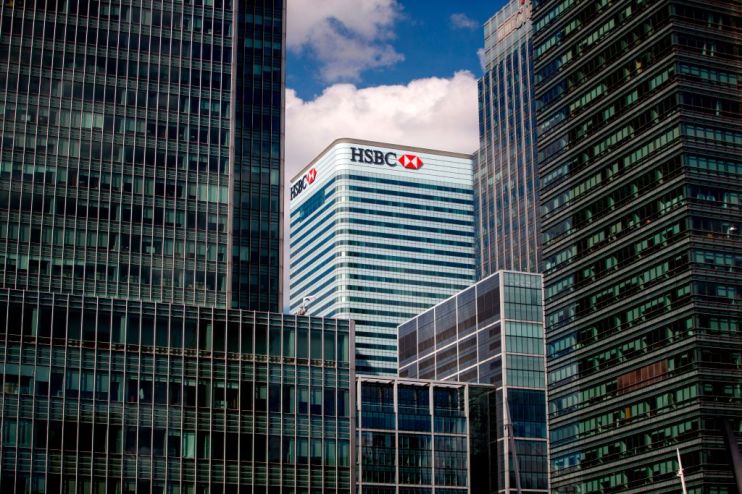Falling value of commercial real estate likely to hit European banks, RBC warns

The European banking sector could be at risk from the weakening outlook for commercial real estate, analysts have warned.
In a note, Anke Reingen, analyst at Royal Bank of Canada, argued that European banks are “likely to take some hits from the worsening [CRE] sector outlook”.
CRE has faced widespread problems in recent months as rising interest rates have dented valuations which were already struggling to recover from the pandemic.
A darkening economic environment and volatility in the banking sector has put further pressure on the sector. Since the beginning of March, the MSCI European real estate index has fallen by nearly 10 per cent.
Many investors are concerned that declining CRE valuations could pose a significant risk to financial stability in both the US and Europe.
Reingen argued that problems are likely to emerge as CRE loans come up for refinancing. Around 30-40 per cent of CRE loans come off the end of fixed interest contracts within the year. These loans will have to be refinanced at higher rates.
“With banks looking to tighten lending in the next months, this could create a reinforcing negative cycle,” Reingen wrote.
However, European banks should be able to withstand even a severe shock. According to RBC data, CRE lending makes up around seven per cent of European banks’ total lending whereas in the US the figure among the largest 20 banks is closer to 10 per cent.
Reingen suggested that European banks have “diversified portfolios” and noted that vacancy rates in Europe, at around eight per cent, are far below the roughly 20 per cent vacancy rate in the US. The majority of this exposure lies in Europe.
RBC highlighted HSBC as the bank with the largest CRE loan book as a proportion of total lending.
Reingen noted that the average loan-to-value ratio for a European bank sits at around 50 per cent. “Even a 40 per cent CRE price decline (as seen in the US in the GFC) would leave LTVs below 100 per cent,” Reignen wrote.
Banks have passed stress tests in both the UK and EU which assumed CRE prices would fall more steeply than during the financial crisis.
“Along with strong CET1 buffers and provision overlays, we believe the banks are in a much stronger position to face potential CRE losses than in 2008-09,” Reingen concluded.